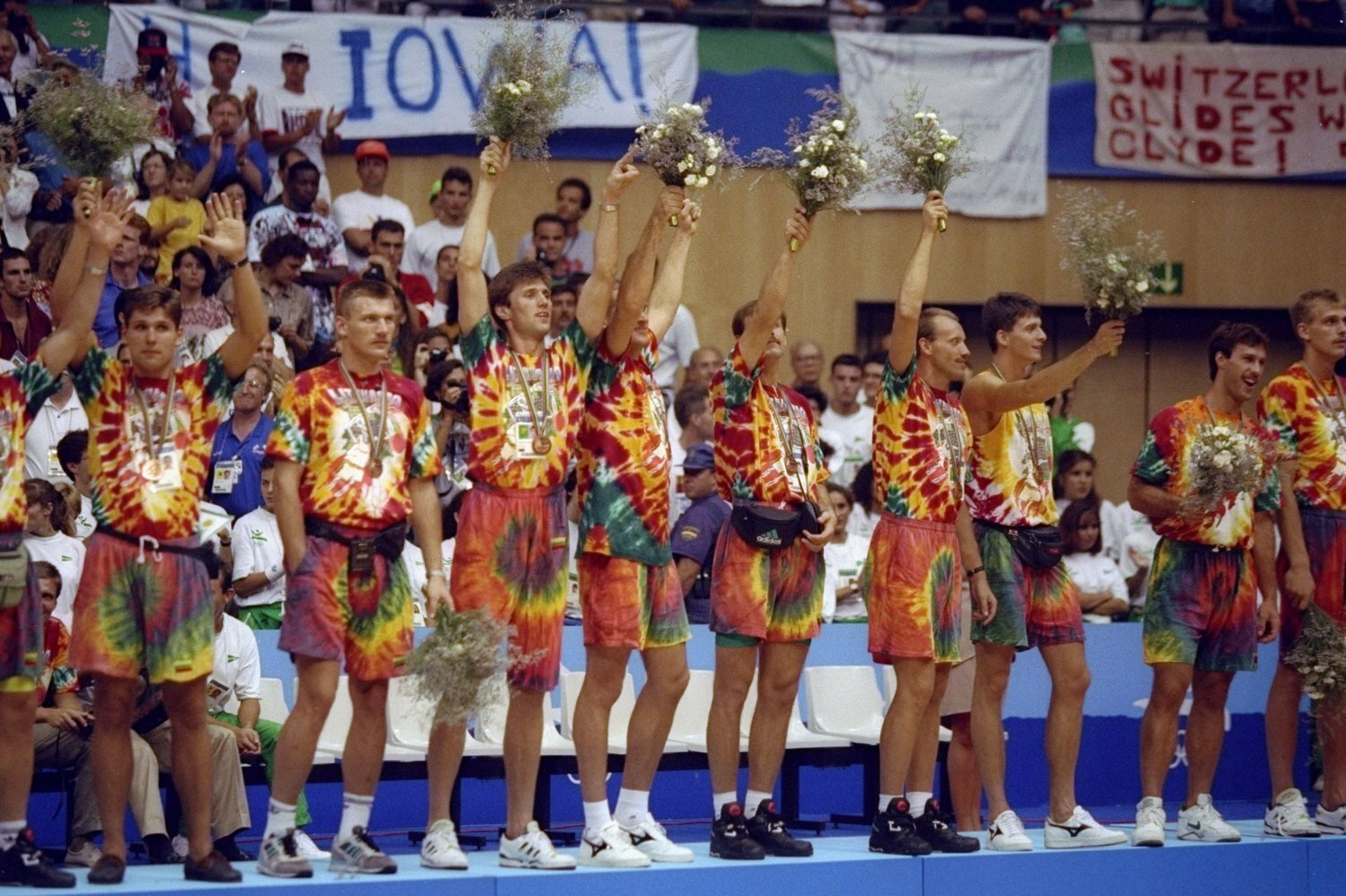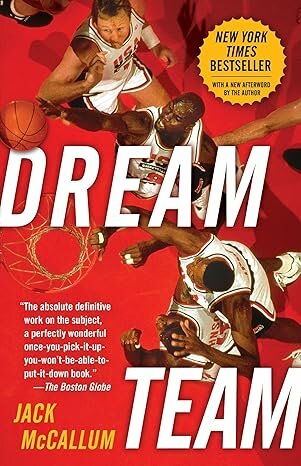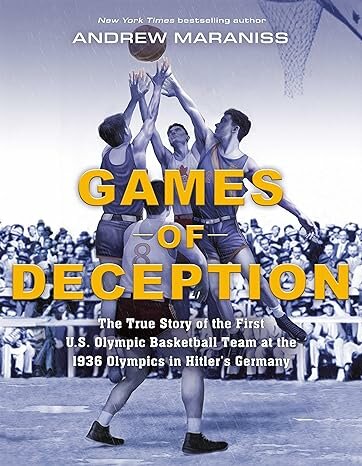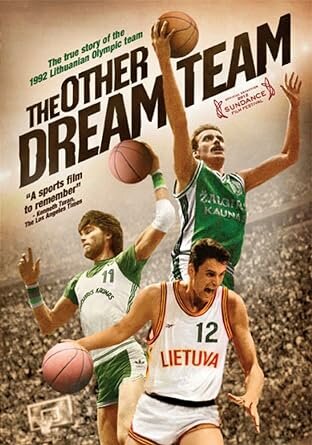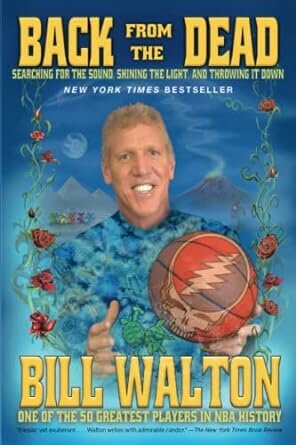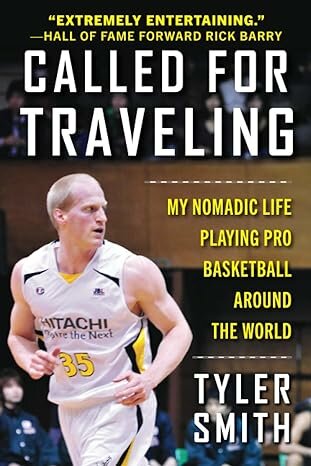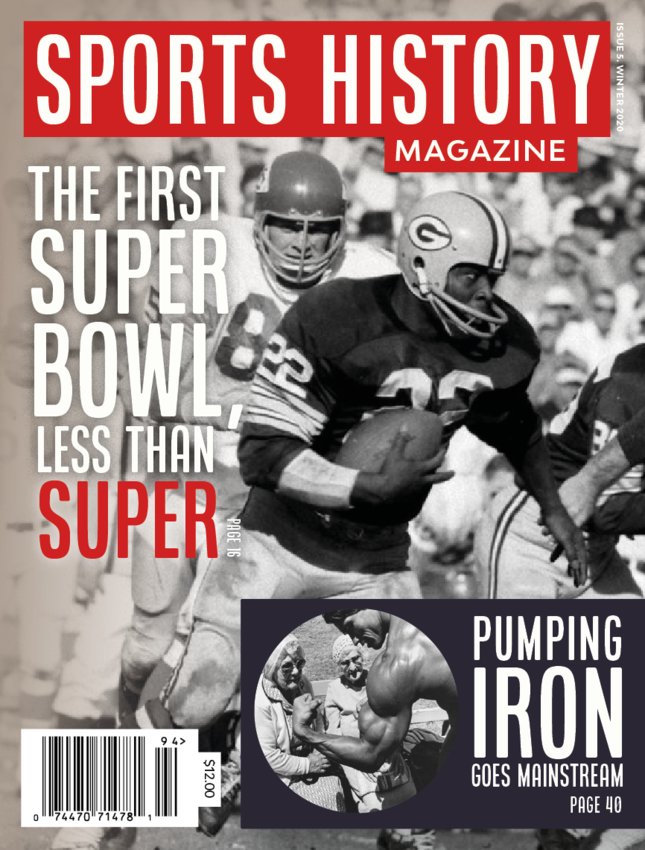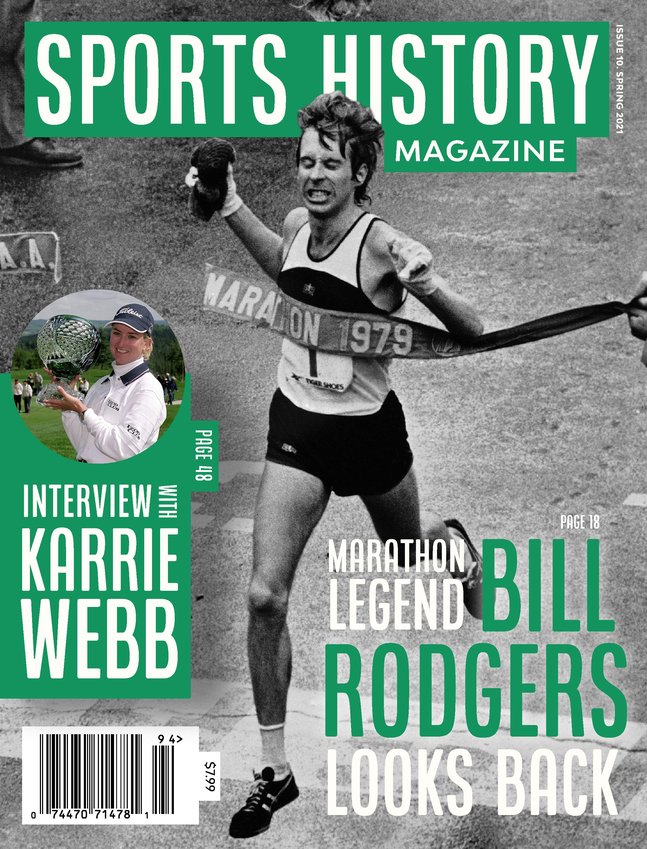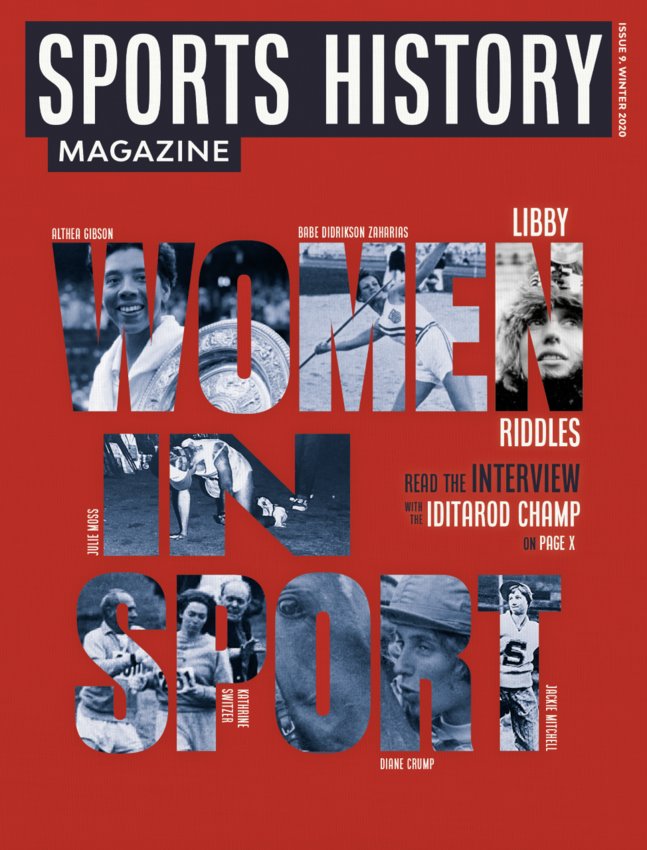Olympic Basketball and The Grateful Dead
Tie-dyes and the re-birth of a nation
"It was a victory of innocents," says Dennis McNally, the Grateful Dead's publicist, as he recalls the historic event in conversation with Sports History Weekly.
In 1992, the iconic Grateful Dead music band helped sponsor Lithuania’s national basketball team, a talented but financially-strapped squad that went on to win bronze at the Barcelona Olympics.
That year, few expected Michael Jordan, Magic Johnson, Larry Bird and the rest of the NBA ‘Dream Team’ not to win gold. But even fewer predicted that a newly-freed nation out of the old Soviet bloc would rise to become a medal contender.
BUY- 'Dream Team' (NYTimes Bestseller)
Lithuania, which had enjoyed a brief but tense period of independence between the two World Wars (1918-1940), had a proud and accomplished basketball tradition.
The Baltic state won the European Basketball Championship twice: in 1937 when they took out Italy at the final, and in 1939 when they went undefeated to clinch the title.
The Lithuanian squad was led by Frank Lubin, the country’s first national coach who years later became known as the ‘grandfather of Lithuanian basketball’.
Lubin was born in Los Angeles to a family of Lithuanian immigrants and after graduating from high school in 1928 he joined the basketball team at UCLA.
A decade later, this time as both player and coach, he guided the old country to their 2nd European crown just months before the outbreak of WWII.
But as the defeat of nazi Germany gave way to the start of the cold war, Russian tanks rolled into Lithuania and the tiny nation of 3 million was absorbed into the USSR.
Behind the closed borders and barbed wires, basketball remained the most popular sport among Lithuanians, but they were now playing for Soviet glory and not for their own.
BUY- 'Games of Deception' (Editors' Pick Best Young Adult)
Lithuanians became members of Moscow’s bronze, silver, and gold medal winning teams at every Summer Olympics between 1952 and 1988 (except '84).
At the 1988 Games in Seoul, the Soviet Union defeated the U.S. 82-76 in the semi-finals before dispatching Yugoslavia for the gold. (It was the last Olympiad that disallowed NBA athletes).
Remarkably, four of the five starting players in the Soviet lineup were Lithuanian and what’s more, they all came from the same medieval city of Kaunas.
Two years earlier, the Atlanta Hawks and the Portland Trail Blazers tried to draft Arydas Sabonis, the 7’3” Lithuanian center who would take down the Americans in Seoul. But officials behind the iron curtain refused to let him go.
With more luck in 1989, the Golden State Warriors picked up Sabonis’ shooting guard teammate, Sarunas Marciulionis. Sabonis himself joined the Trail Blazers several years later in 1995.
Meanwhile, the Soviet empire collapsed (1991) and though Lithuania emerged independent from the fallen heap, the country was in economic shambles.
On the sporting scene, the 1992 Olympics in Barcelona were looming and players were desperate to make the trip, but there was no money to support a delegation.
It was then that Marciulionis and the Golden State Warriors’ assistant coach, Donnie Nelson, embarked on a grass-roots fund raiser in the San Francisco Bay area.
The two had become friends in Lithuania when Nelson spent time there scouting and running clinics. Nelson was the one who delivered Marciulionis for a 3-year contract with Golden State.
There weren't too many Europeans in the NBA back then, but Marciulionis stood out as an exception and was known as the "human karate chop" for his fearless drives.
Managing just nickels and dimes, they caught a break when George Shirk, a quirky beat reporter who covered the Warriros at the time, wrote a piece in the San Francisco Chronicle about the Lithuanians' plight.
McNally was close friends with Shirk. He remembers, "I looked at the Spring calendar and saw that we had a concert in Detroit, which also happened to be when the Warriors were scheduled to play the Pistons."
Through Shirk, McNally invited the Warriors to attend the Dead concert the night before their game.
"They had a good time at the show and as they left, Marciulionis gave me a letter asking if the Grateful Dead's philanthropic foundation would support the Lithuanian Olympic team."
McNally gave the letter to Lawrence Shurtliff, the band's highly respected crew chief who also sat on the charity board along with lead musician, Jerry Garcia.
It was an unusual gift request for the donor organization, but they took sympathy for the cause. The Dead were about celebrating freedom and the story behind Lithuania’s struggles won them over.
"It was definitely an outlier," notes McNally.
The foundation not only cut a $5,000 check, but later on they had the band's logo designer send a box of tie-dyed T-shirts in red, yellow and green- Lithuania’s national colors.
On the shirts was an image of a skeleton dunking a basketball, which symbolized a phoenix rising from the ashes.
BUY- "Back From The Dead" (NYTimes Bestseller)
In Barcelona, emotions ran high for the Lithuanians who were now playing for their flag for the first time in over 50 years.
With 12 teams in contention for the podium, they were placed in Group B, which included CIS (Russia), Australia, Puerto Rico, Venezuela, and China. The upstart nation went 4-1 before qualifying for the knockout stage.
At the quarter-finals they defeated Brazil 114-96 but lost 127-76 in the semi-finals to the Americans. The Russians took out Germany at the quarter-finals but then fell to Croatia at the semi-finals.
The 2 countries were now squaring off for 3rd place.
It was a battle for pride and dignity between the new sovereign and their former overlords. Old comrades went up against old comrades and in the end, the newcomers prevailed 82-78.
In an historic sports moment, the Lithuanian darlings walked out on the basketball court to receive their bronze medals wearing the Grateful Dead tie-dyes.
"The shirts became the most popular souvenirs at the 1992 Olympics," says McNally.
Lithuania went on to capture bronze once more in Atlanta in 1996 and then again in Sydney in 2000. At the biannual EuroBasket championships, they earned their 3rd crown in 2003 and were runner-up in 1995, 2013, and 2015.
In 2012, Lithuanian-American director Marius Markevicius released ‘The Other Dream Team’, a documentary that follows the straphangers’ unlikely journey to the 1992 Olympics.
Selected for the Sundance Film Festival, the screen production includes interviews with the team’s stars, plus David Stern (then NBA Commissioner) and Bill Walton, former college (UCLA) and pro (Portland Trail Blazers) champion who is also an avid Grateful Dead fan.
BUY- 'Called For Traveling: My Nomadic Life Playing Pro Basketball Around the World'
Since Lithuania’s independence, at least 15 of their nationals joined the NBA, including current players Jonas Valanciunas (New Orleans Pelicans) and Arvydas’ son, Domantas Sabonis (Sacramento Kings).
The elder Sabonis put in 7 seasons with the NBA and was inducted into the Basketball Hall of Fame in 2011. Marciulionis was enshrined in 2014.
In one of sports’ most stirring anecdotes, Lithuania's trip to basketball glory would not have happened without the unlikely help of an American rock & roll music group.
ENJOY OUR CONTENT? SIGN UP FOR OUR FREE WEEKLY NEWSLETTER AND SHARE ON YOUR SOCIAL MEDIA

